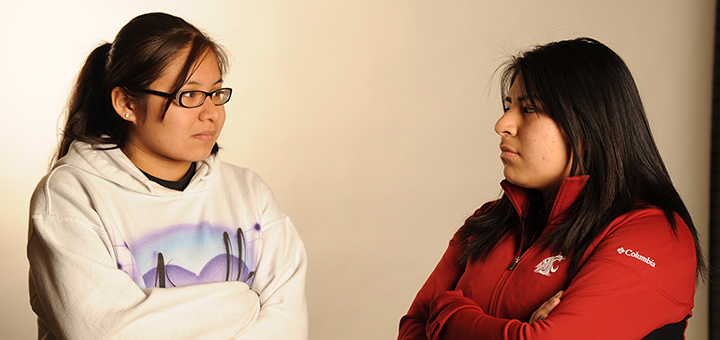Getting support from people they love and trust can be invaluable for survivors of sexual assault – to help them cope and heal. The following are some helpful suggestions from the Rape Crisis Center.
Supporting a survivor can feel challenging for a number of reasons: you may be worried about upsetting them, you may have other personal experience with the issue, you may feel you don’t know what to say at all. The most important things you can do for a survivor are to listen, validate, ask how you can help, know where to refer a survivor for further help, listen without judgment, and care for yourself.
Listen:
- Allow your friend to talk about what happened and control the direction of the conversation. Don’t ask a lot of questions or focus on the attack itself, but rather on how they are handling the trauma.
- Listen without giving advice or trying to “fix” things.
- Let the survivors have control.
- Believe them.
Understanding survivor’s feelings:
- Every survivor will react to their experience differently. Survivors may experience many upsetting, conflicting, confusing feelings after an assault. Survivors often re-experience the event through flashbacks. They may feel on-edge all the time or may be prone to sudden outbursts, which can feel especially upsetting and leave a survivor feeling disempowered.
- Some survivors may blame themselves for what happened and feel frustrated by their intense feelings.
- It’s important to remind a survivor these feelings and responses are out of their control and are the body’s way of responding to a traumatic event.
- They are having a “normal’ response to an abnormal situation
Provide unconditional support. It will help your friend to hear that they are not to blame for the assault. Regardless of an individual’s choices prior to the attack, no one ever asks or deserves to be raped or sexually assaulted.
Be patient. Remind your friend that healing takes time and every survivor copes with trauma differently. Don’t pressure or rush your friend to be “normal” or to “just move on.” Reassure your friend that you will support them throughout the healing process, however long it may take.
Let the survivor know that help is available. If they are interested and open to receiving assistance, tell them about the National Sexual Assault Hotline, or offer to help find local services for them.
Make sure you get the support you need to. Watching a friend or loved one work through the aftermath of a sexual assault can be a painful experience. It may help to find another friend to listen and support you.


